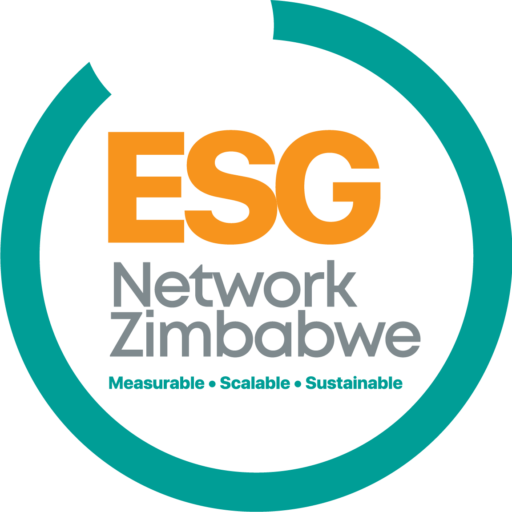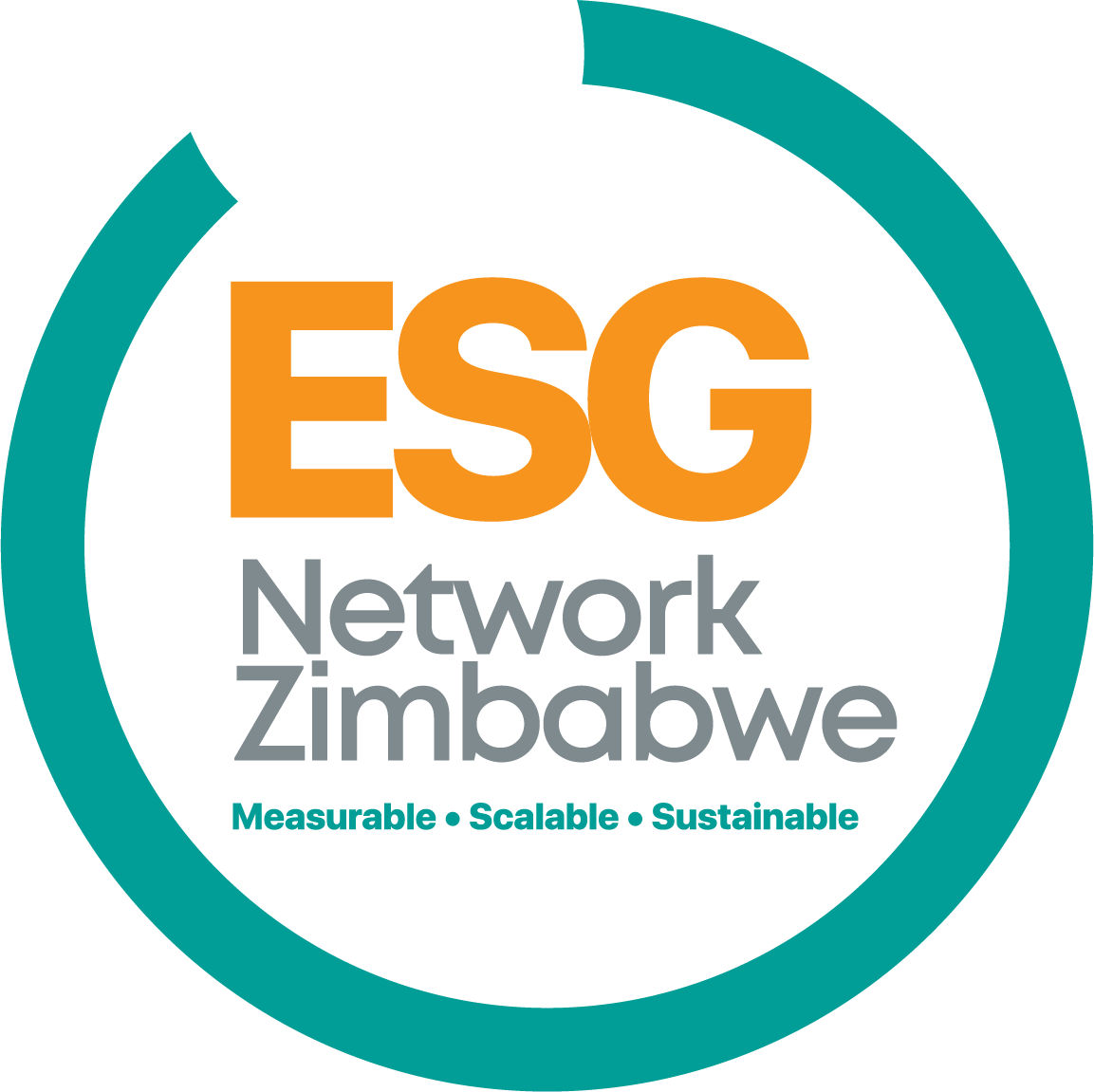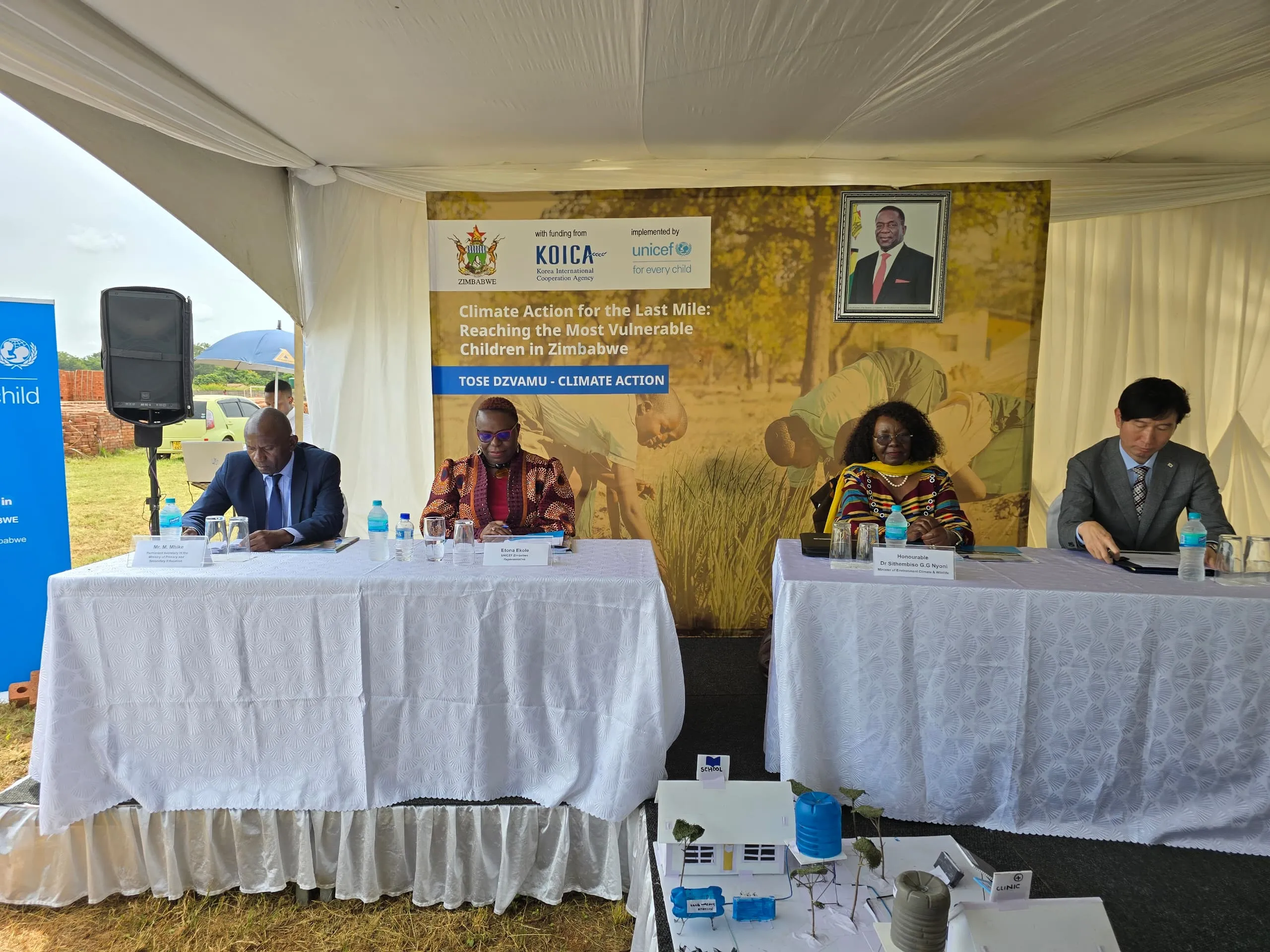The Government of Zimbabwe, in partnership with UNICEF and with financial support of US$ 5 million from the Korea International Cooperation Agency (KOICA), has launched the Climate Action for the Last Mile: Reaching the Most Vulnerable Children in Zimbabwe initiative.
The initiative, unveiled at Kuwadzana High School 3, Monday, is a beacon of hope for millions of children facing the harsh realities of climate change. This initiative, running from November 2024 to April 2027, aims to increase climate resilience for the children and communities by enhancing access to climate -smart social services and infrastructure while also strengthening policy frameworks for climate action in Zimbabwe.
“Children face heightened risks of food insecurity, waterborne diseases, and limited access to education, all of which hinder their potential and future,” said Dr. Sithembiso Nyoni, Minister of Environment, Climate, and Wildlife.
The initiative focuses on enhancing legal frameworks, securing climate finance, and advancing climate justice to ensure that children benefit from stronger protections and resources to mitigate climate-related risks.
Minister Nyoni reaveled that the Government of Zimbabwe is unwavering in its commitment to address climate change.
“Recently, we communicated our Revised Nationally Determined Contributions (NDC), committing to a 40 % per capita reduction in greenhouse gas emissions by 2035. This ambitious target underscores our dedication to inclusivity in climate action, integrating the voices of children and youths and ensuring no one is left behind,” Minister Nyoni explained.
Zimbabwe is increasingly vulnerable to climate change, with extreme weather events threatening essential services such as clean water, sanitation, healthcare, and education.
These challenges disproportionately affect the most vulnerable children, exacerbating inequalities and increasing their exposure to malnutrition, disease, and disrupted schooling.
Korean Ambassador to Zimbabwe, Park Jae Kyung emphasized the importance of the initiative, stating, “The Climate Action for the Last Mile project will provide critical support for children’s education, health, and nutrition. But it goes further—it empowers children to actively participate in climate governance and shape policies that affect their future”, Kyung added.
The Climate Action for the Last Mile will directly benefit 30,000 people and indirectly reach one million people, including children, by strengthening climate-smart water, sanitation, and hygiene (WASH), education, health, nutrition, child protection, and social protection systems. Additionally, it will empower children to engage in climate governance, ensuring they have a voice in shaping climate policies and decision-making processes.
Speaking at the launch, UNICEF Representative, Etona Ekole praised Zimbabwe’s leadership in integrating children and young people into national climate policies.
“It is commendable to see the government ensuring that children’s voices are heard and their needs prioritized. Their future depends on the actions we take today.”
“Tackling climate change requires integrating adaptation strategies into education, healthcare, water, sanitation, and social protection systems. The future of our children depends on our ability to build climate-resilient communities and invest in sustainable solutions,” Ekole explained.
The urgency of this initiative cannot be overstated. According to UNICEF’s Children’s Climate Risk Index, every child worldwide is exposed to at least one climate-related hazard annually. In Zimbabwe, the situation is even more critical—7.1 million children are highly vulnerable to climate shocks.
Droughts, floods, and extreme temperatures are disrupting their education, impacting their health, and limiting access to clean water and nutrition. Infants and young children are particularly at risk of dehydration, heat stress, and respiratory illnesses.
This initiative reflects Korea’s ongoing commitment to sustainable development and climate resilience in Zimbabwe. Other efforts supported by the Government of Korea include drought-tolerant maize production, environmentally friendly livestock feeding, and the creation of green jobs for rural youth.
For many families living in climate-affected regions, food insecurity is an ever-growing threat. As resources become scarce, children’s ability to learn, play, and thrive is severely compromised. These are not just numbers on a report; they represent the daily struggles of children across the country.
Through “Climate Action for the Last Mile,” the government, UNICEF, and KOICA are working to provide climate-resilient infrastructure, strengthen education systems, and support sustainable solutions that protect the most vulnerable. The initiative aims to not only mitigate the impacts of climate change but also empower communities with knowledge and tools to build a more sustainable future.
As Zimbabwe takes this bold step, the message is clear: no child should be left behind in the fight against climate change. The launch of this initiative is not just an investment in climate resilience—it is an investment in the future of Zimbabwe’s children.
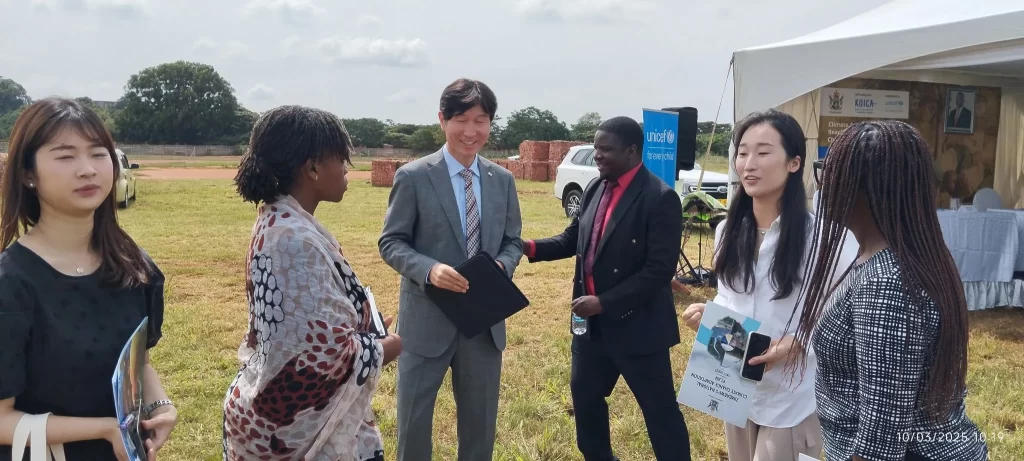
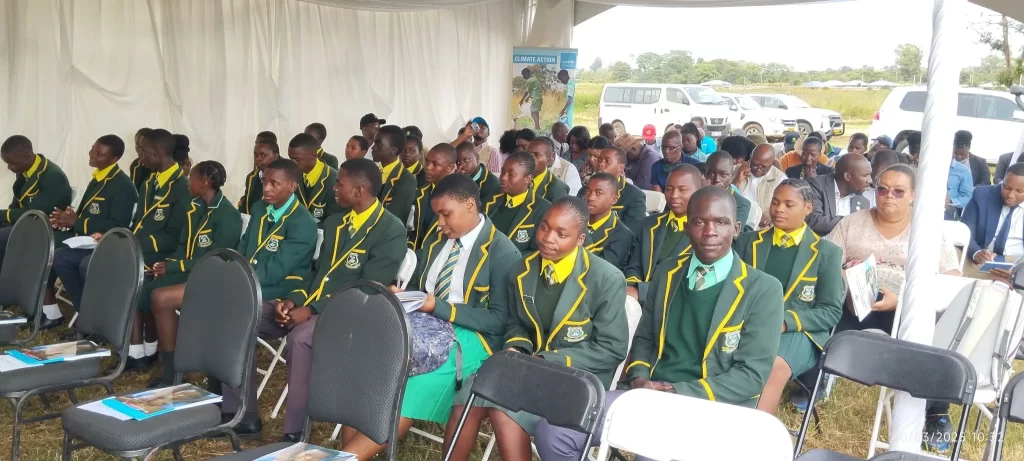

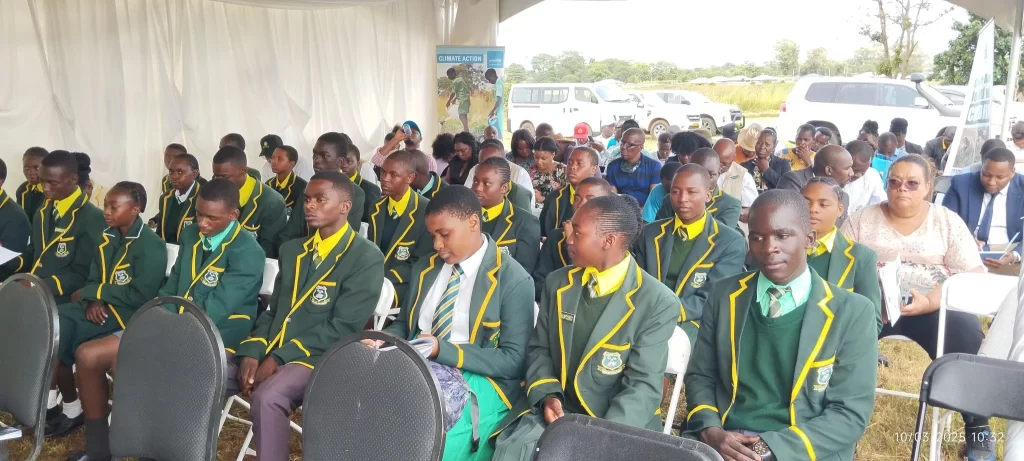
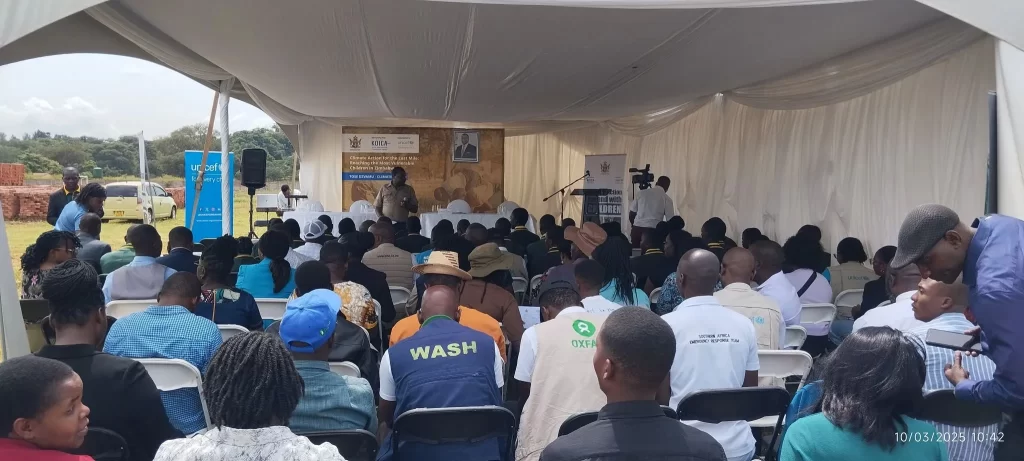
Get Involved
If you’re interested in learning more about ESG or would like to collaborate with us, please contact us at on admin@esgnetworkzimbabwe.co.zw, or simply call us on 0774768895/ +263882900740.
Follow us on social media to stay updated on the latest ESG news, events, and resources
